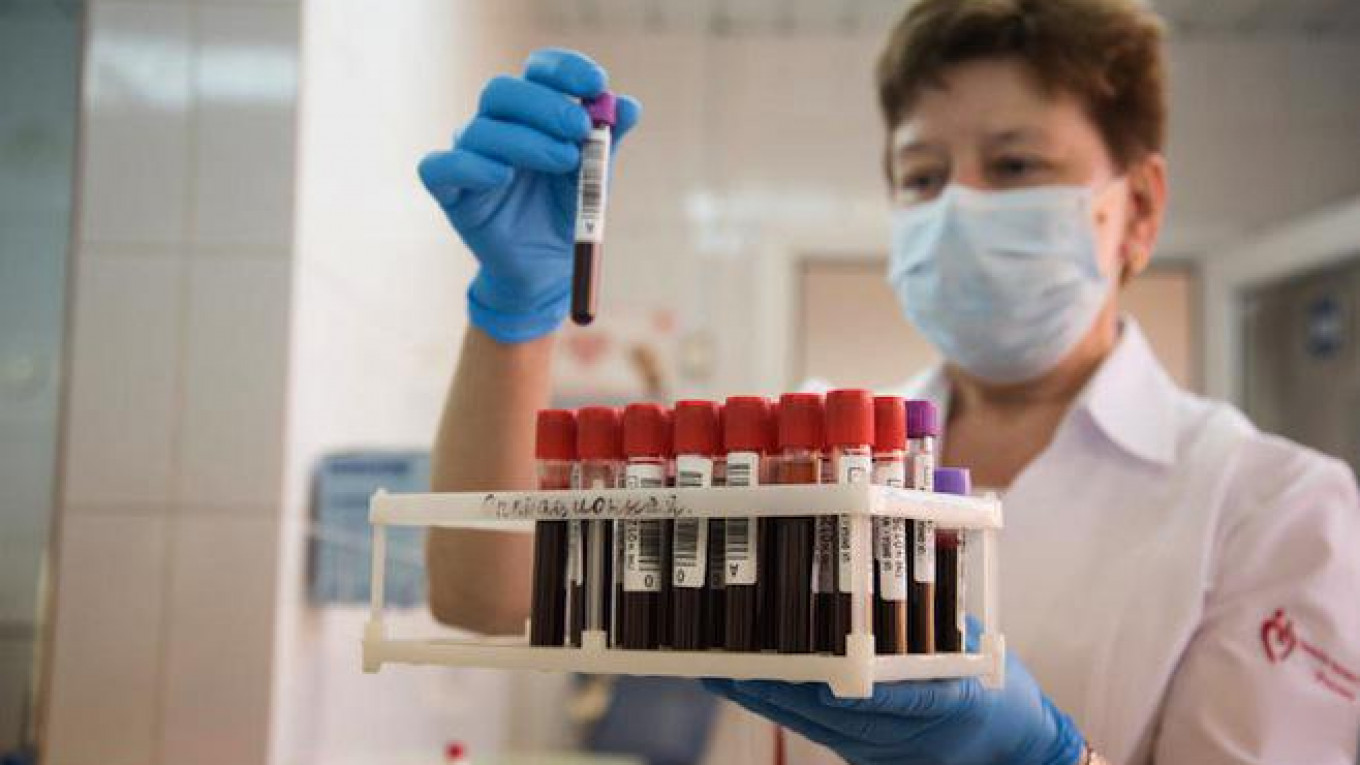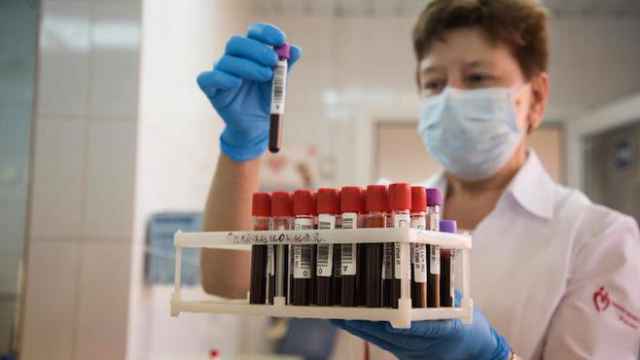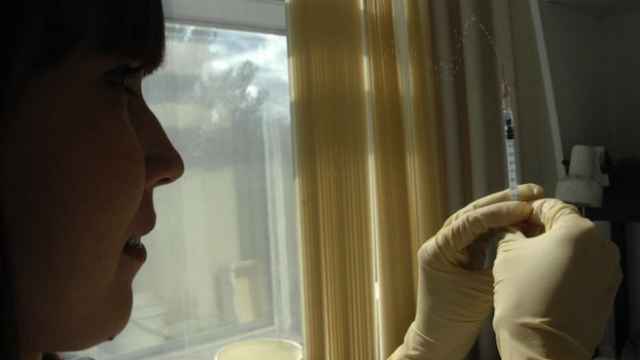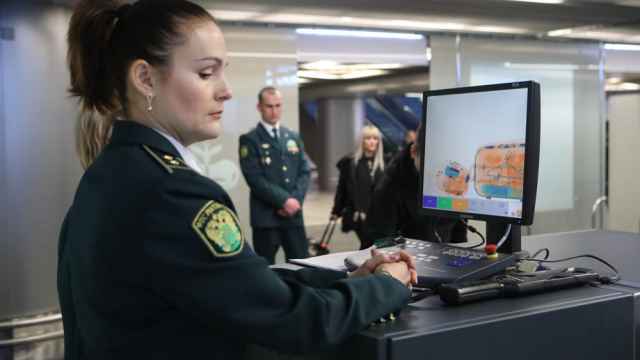Healthcare authorities in Russia's Ural city of Yekaterinburg officially declared an HIV epidemic, Russian news agencies reported on Wednesday. According to the authorities, 26,693 cases of HIV were registered as of Wednesday, which means that 1.8 percent of the city's population is infected.
The level of infection varies in different municipalities, local officials say. In general, the Sverdlovsk region – of which
Yekaterinburg is the capital – has the highest number of HIV cases
per 100,000 people in Russia. In 52 percent of the cases, people got
infected because of their drug use, and only in 46 percent of cases
through sexual contact.
Later on Wednesday, deputy head of the local healthcare directorate Tatyana Savina denied that an official epidemic was declared, the Dozhd TV channel reported. She maintained that calling the HIV situation in the city an "epidemic" "didn't mean anything." "For us medics, of course it's an epidemic," she said. "But I'm not inclined to think that [Russia's healthcare watchdog] Rospotrebnadzor would declare an official HIV epidemic."
The number of HIV-positive patients registered in Russia reached one million in January, according to Vadim Pokrovsky, head of the Moscow-based Federal Center for Fighting AIDS. However, experts estimate that the number of HIV-positive people in Russia is closer to 1.5 million, since the entire population has not been examined, Pokrovsky noted.
It is expected that a total of 93,000 new HIV cases will have been registered in 2016, which is a historically high level.
A Message from The Moscow Times:
Dear readers,
We are facing unprecedented challenges. Russia's Prosecutor General's Office has designated The Moscow Times as an "undesirable" organization, criminalizing our work and putting our staff at risk of prosecution. This follows our earlier unjust labeling as a "foreign agent."
These actions are direct attempts to silence independent journalism in Russia. The authorities claim our work "discredits the decisions of the Russian leadership." We see things differently: we strive to provide accurate, unbiased reporting on Russia.
We, the journalists of The Moscow Times, refuse to be silenced. But to continue our work, we need your help.
Your support, no matter how small, makes a world of difference. If you can, please support us monthly starting from just $2. It's quick to set up, and every contribution makes a significant impact.
By supporting The Moscow Times, you're defending open, independent journalism in the face of repression. Thank you for standing with us.
Remind me later.






